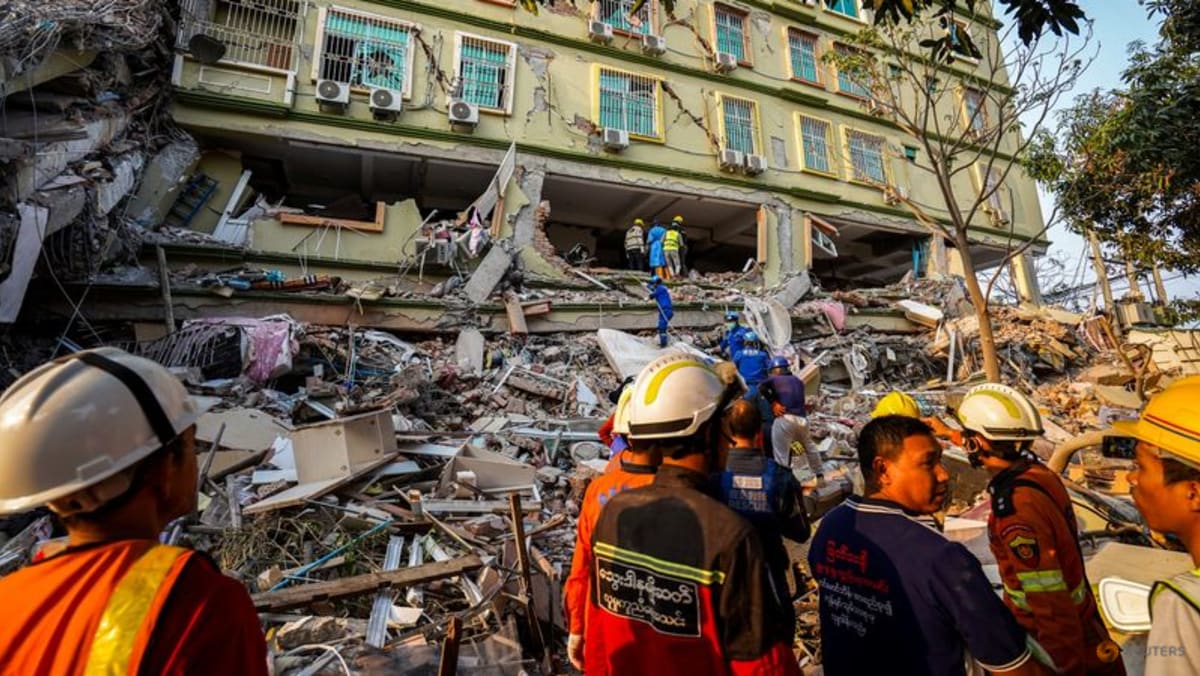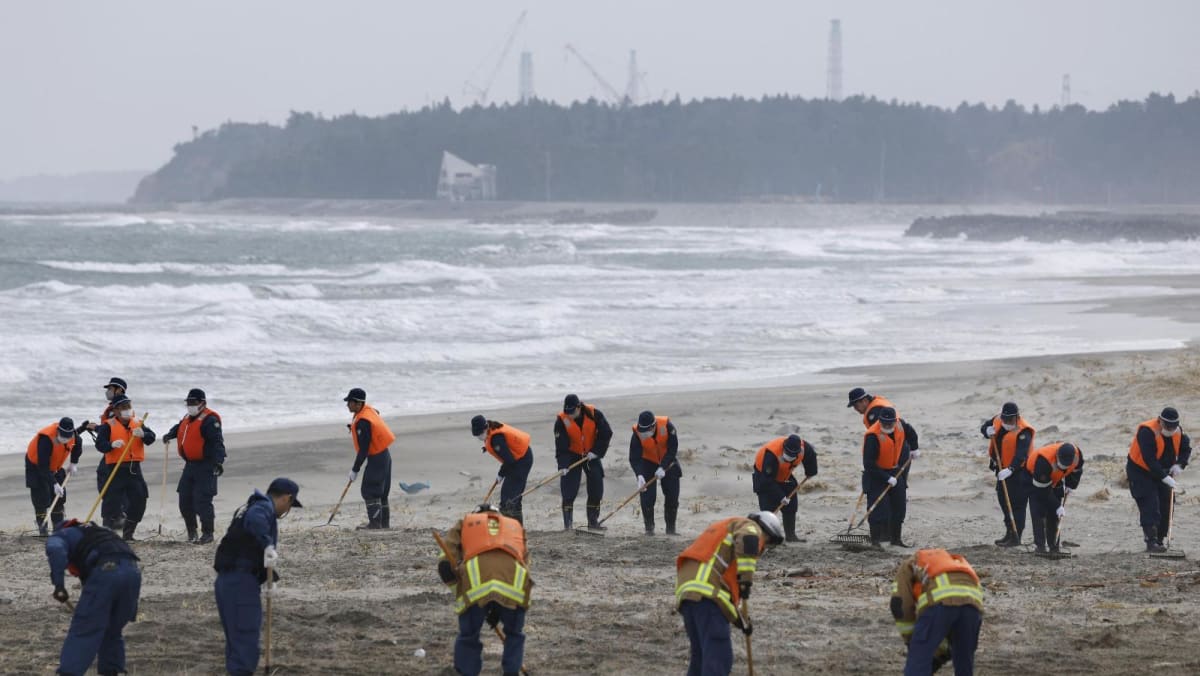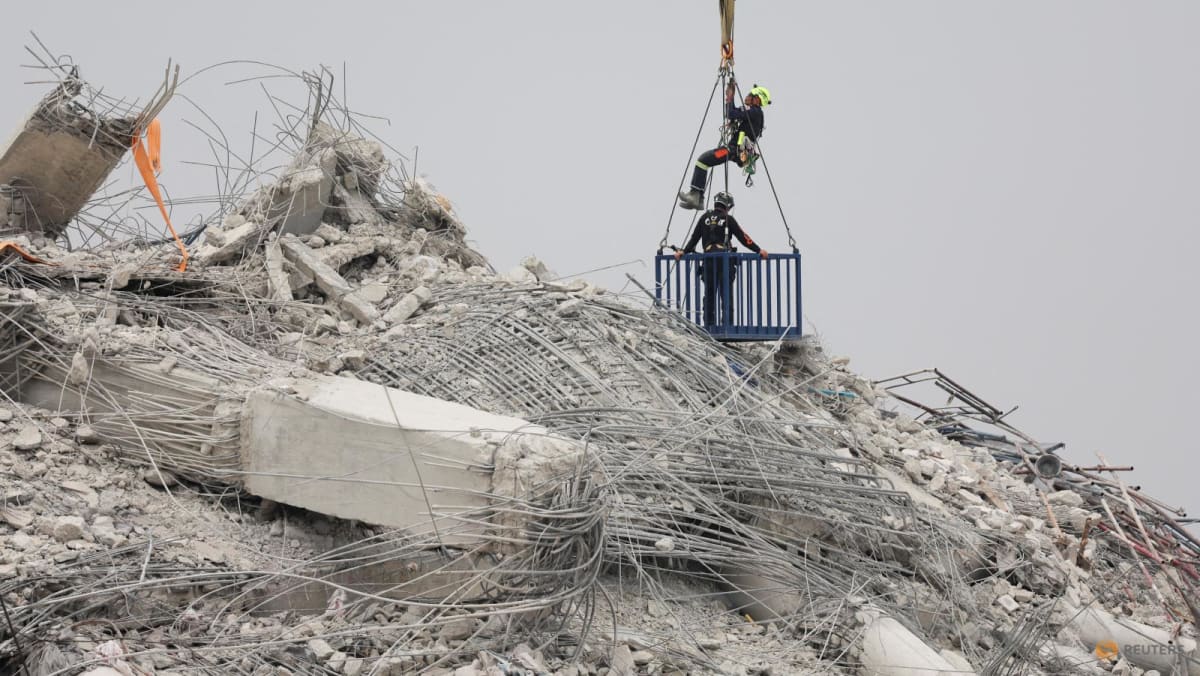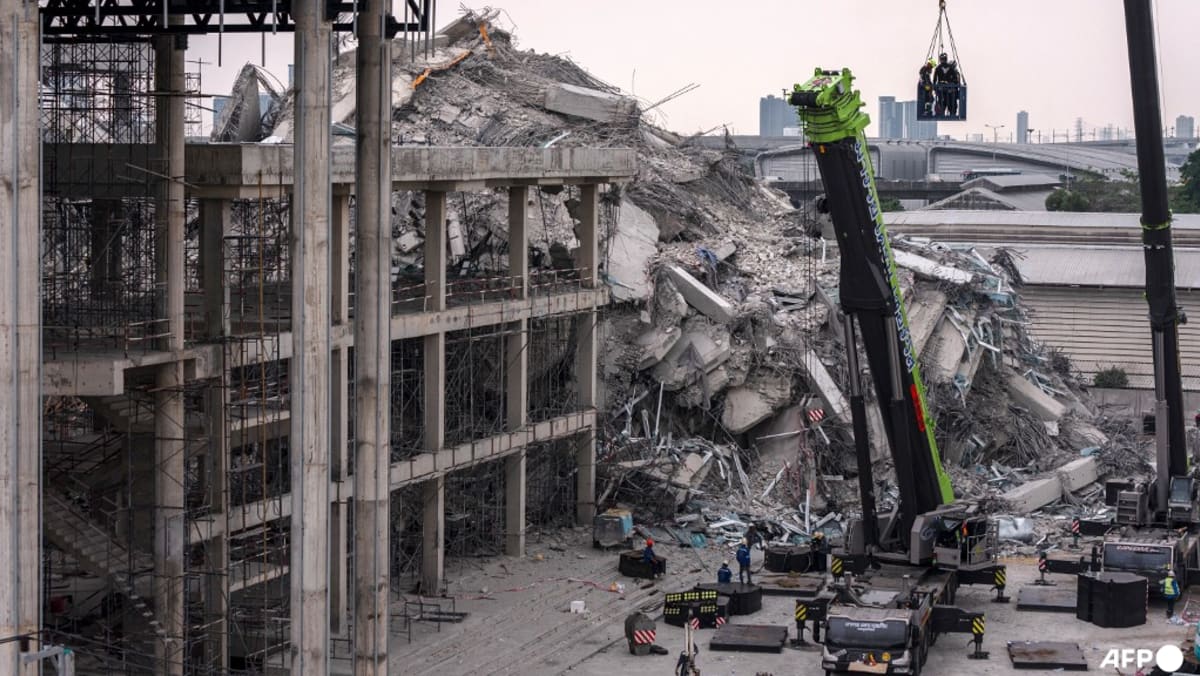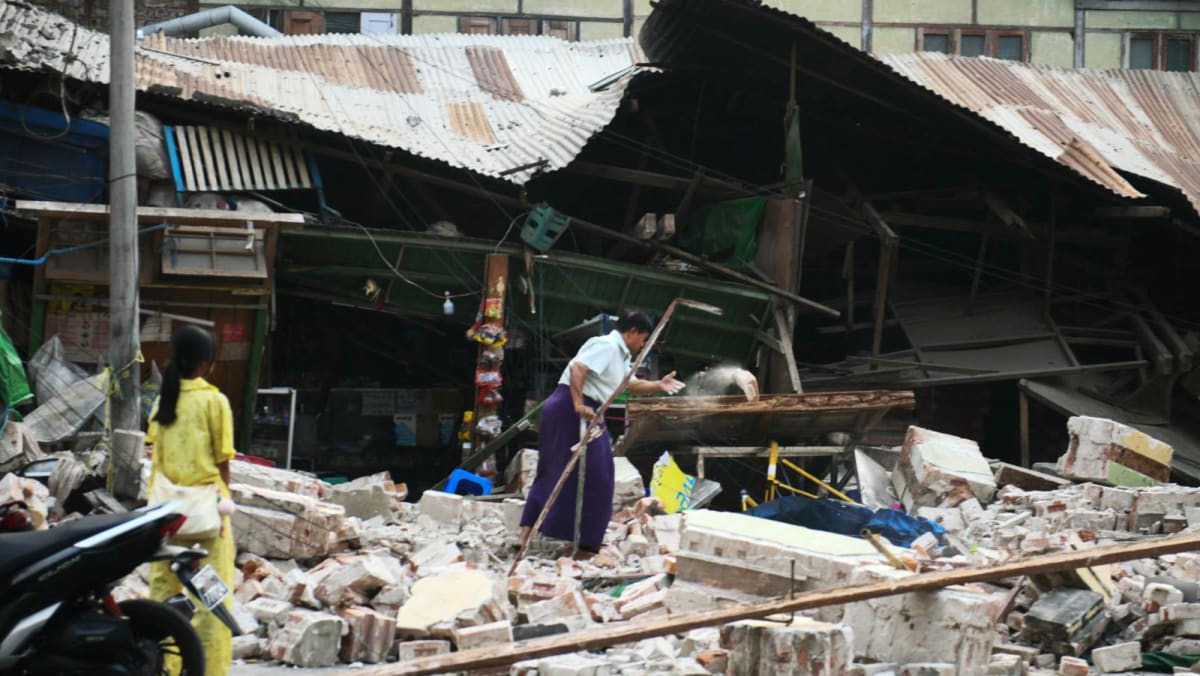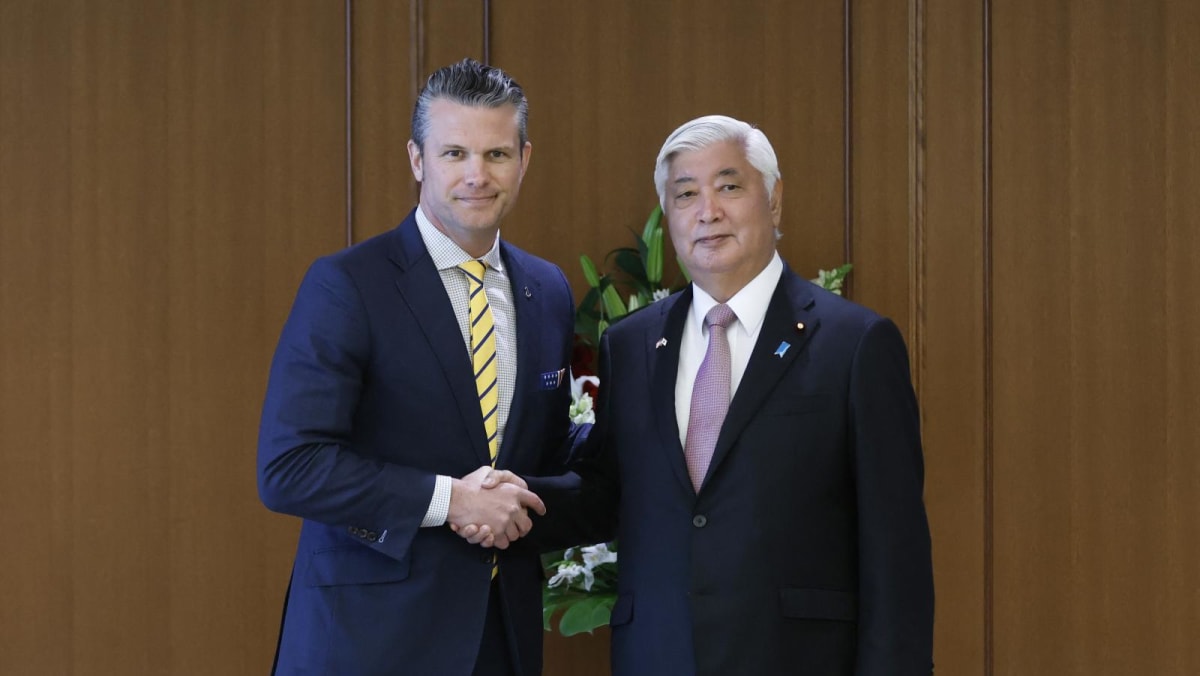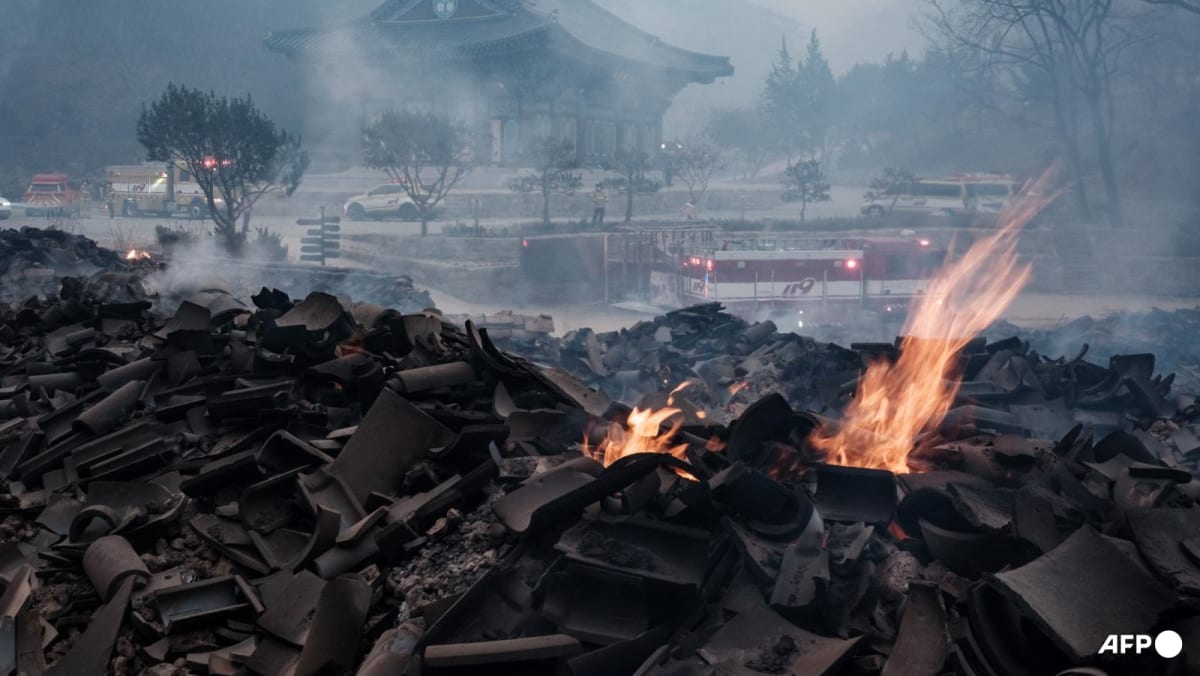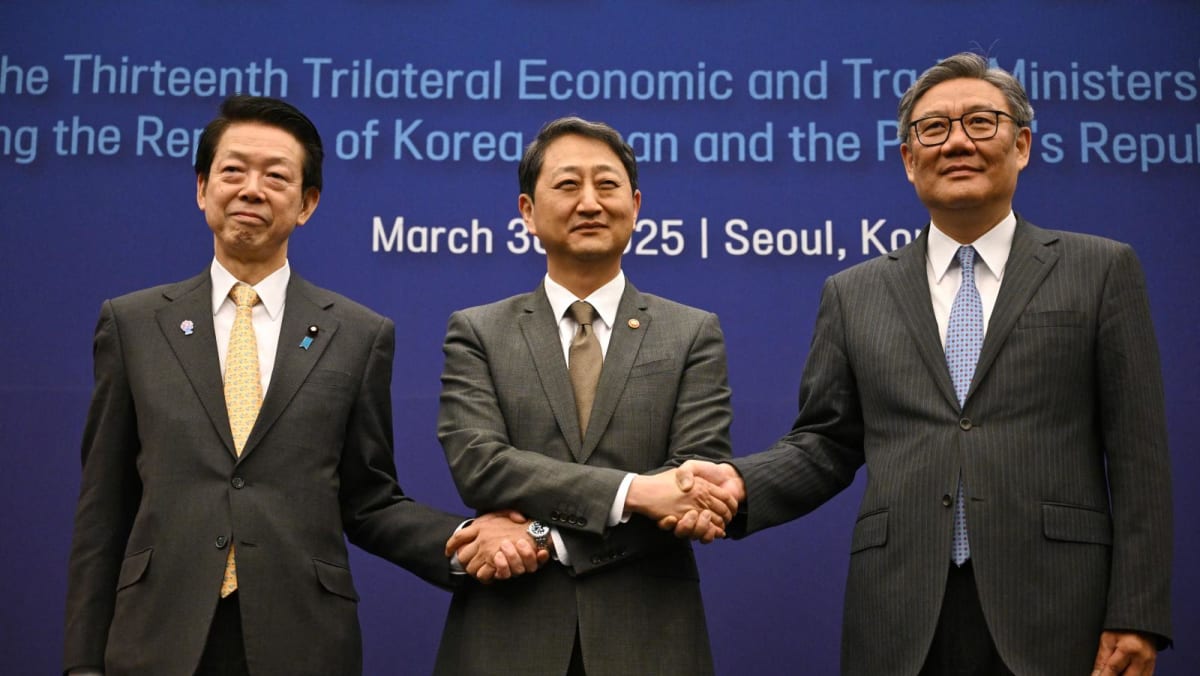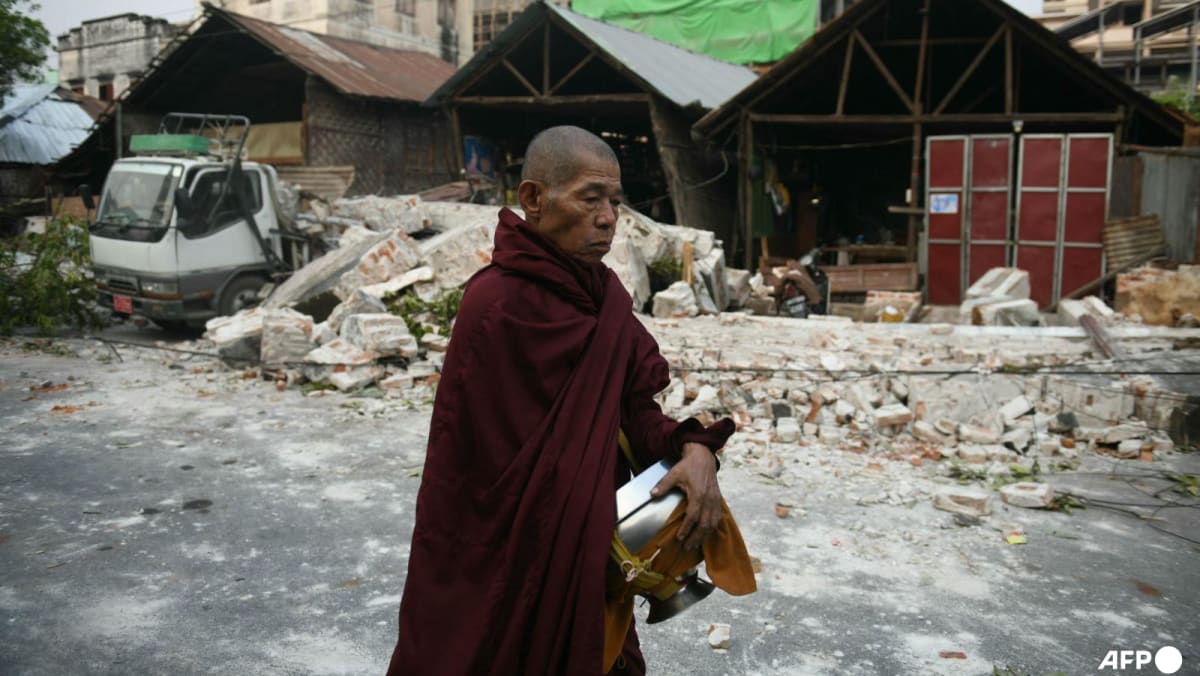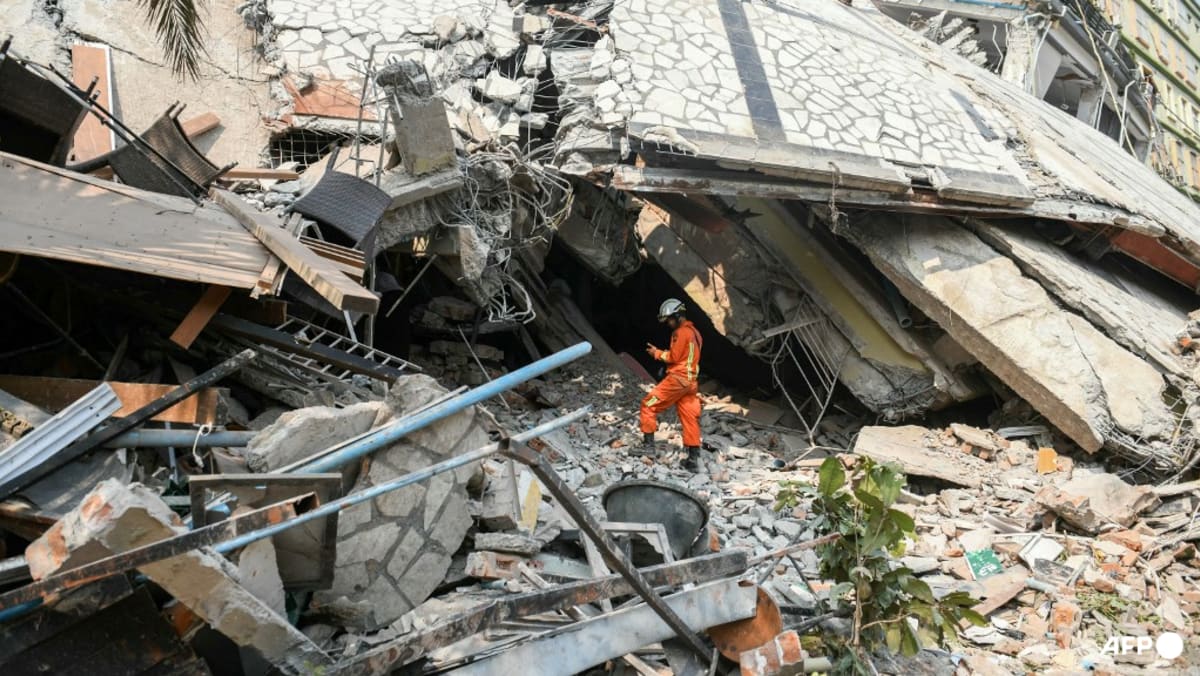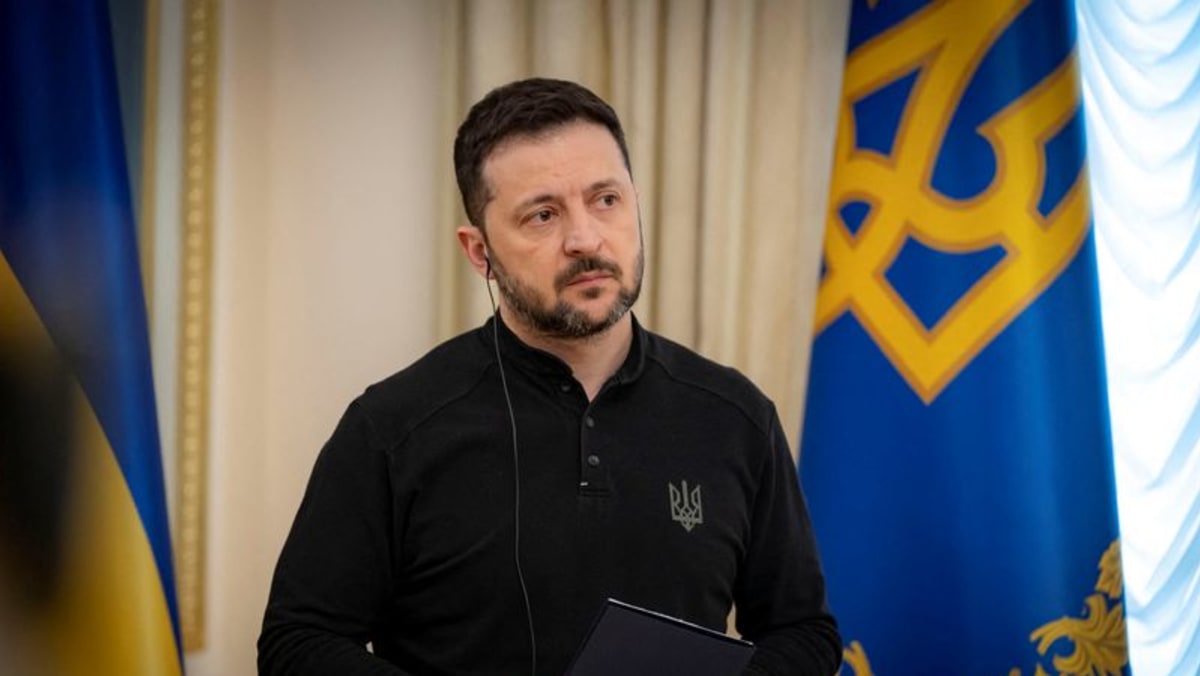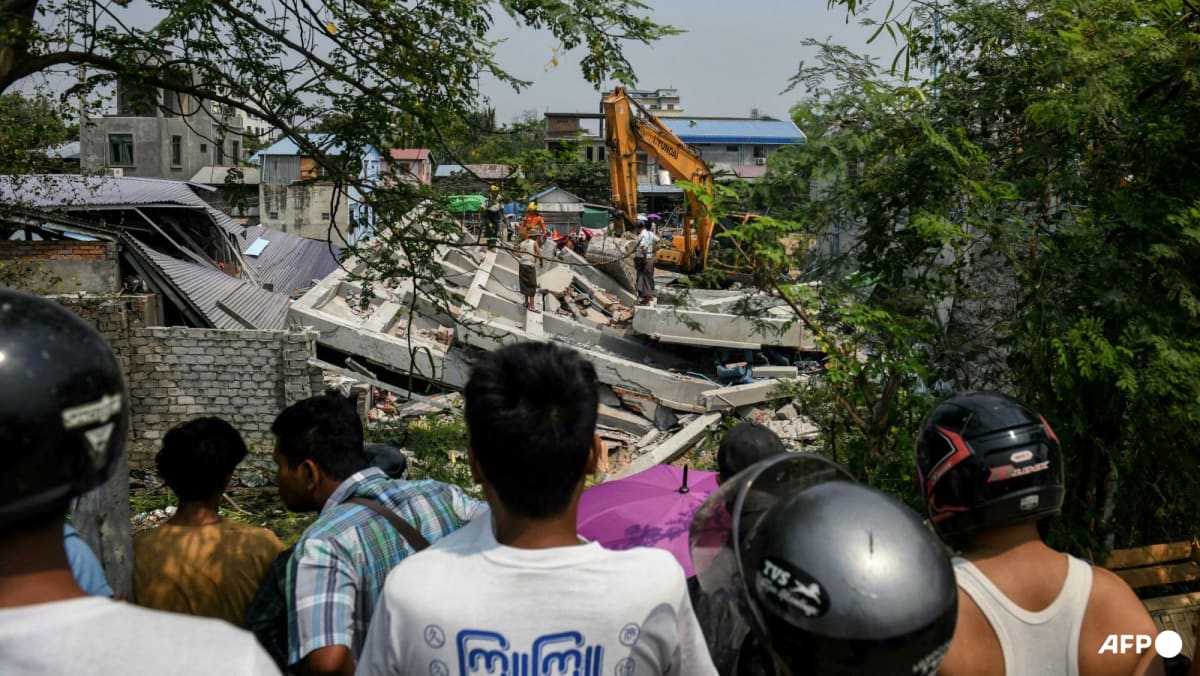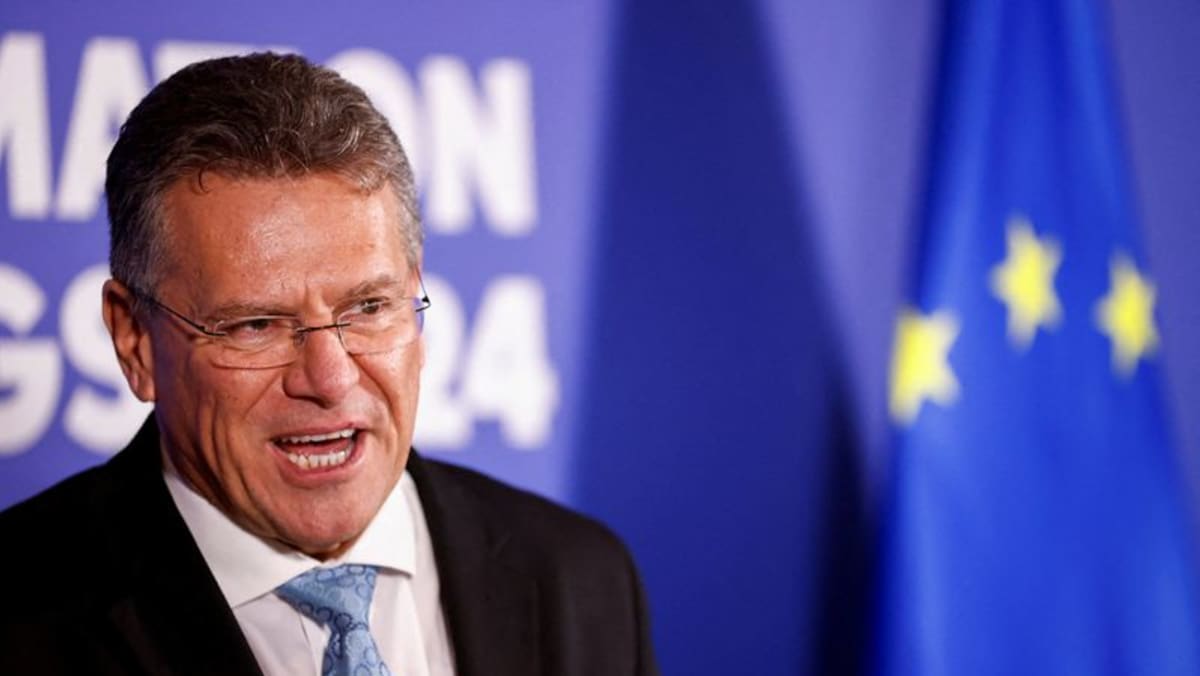IN FOCUS: Push for greater autonomy by Sabah and Sarawak is stronger than ever, but will they finally succeed?
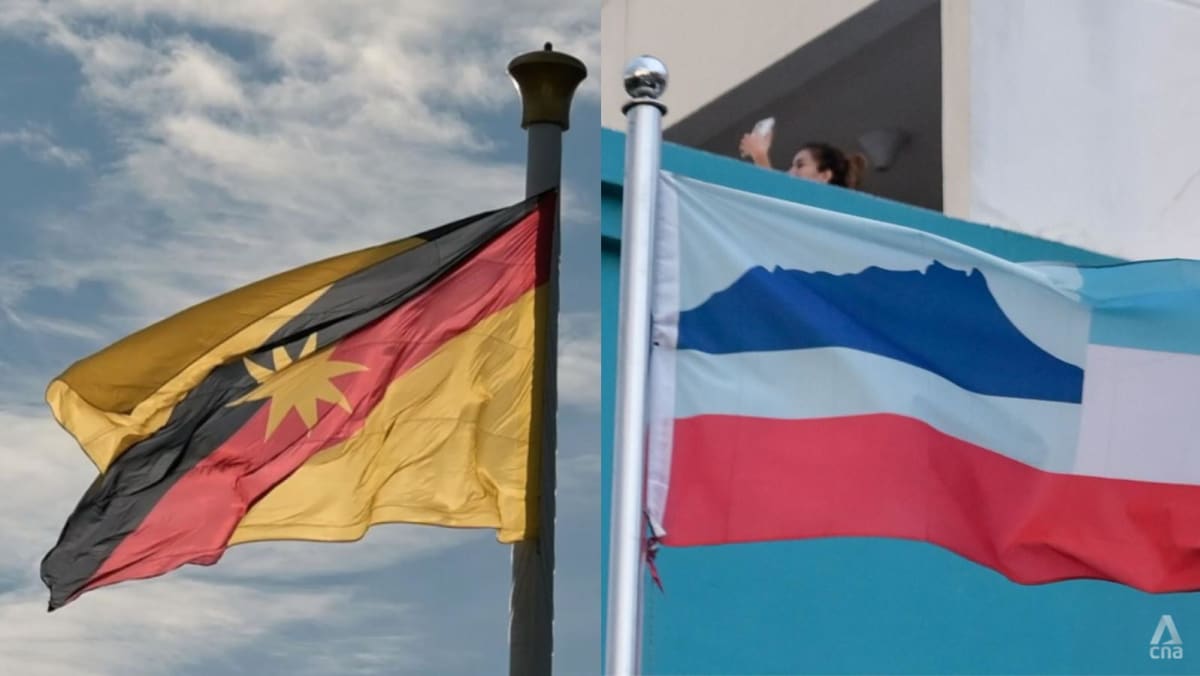
The protracted nature of negotiations concerning matters such as state revenue, oil and gas as well as the distribution of federal parliamentary seats – alongside what has been perceived as increasing Islamisation on the peninsula – have not gone down well with some politicians, activists and residents in East Malaysia.
Sarawak rights activist Peter John Jaban feels the federal government has “neither the capacity nor the willingness” to compensate Sarawak and Sabah for “extensive economic and developmental losses” they sustained over the past 60 years.
“Since the negotiations began on the restoration of MA63 rights in 2015, there has been a significant delay, with issues like the Sabah 40 per cent revenue entitlement remaining unresolved,” he told CNA.
Mr Jaban said the federal government faces significant challenges in fully implementing MA63 due to what he perceives as a shift in Malaysia’s original concept of a secular multicultural state to one dominated by race and religion.
Political commentator Murray Hunter pointed to discontent with Malay domination in top civil service positions and a religiously polarising convenience store chain incident as instances that have unnerved multiracial Sabah and Sarawak respectively.
According to an ISEAS – Yusof Ishak Institute report published in 2023, East Malaysian Bumiputeras accounted for just 3.1 per cent of top management in the civil service in 2022, despite their preferential status alongside the predominantly peninsula-residing Malays.
In April, KK Super Mart outlets in Perak, Pahang and Sarawak were attacked with petrol bombs after one of the chain’s outlets was found to have been selling a pair of socks bearing the word “Allah”, considered sacrosanct for Muslims.
Some of the most vocal criticism of how the incident had been religiously politicised came from Sarawak, with some of its politicians voicing support for the chain’s Sarawakian founder, who had apologised over the incident.
KK Super Mart and its supplier were on Jul 15 each fined RM60,000 for deliberately hurting the feelings of Muslims, although the chain’s founder and director as well as the supplier’s directors were given a discharge not amounting to acquittal.
Mr Fabian Wong, the retired Sarawakian army officer, said: “Sarawak’s main concern is freedom of religion. Any extremism is not welcome. Sarawak is proud of its harmony and wishes to maintain it that way.”
Another Sarawakian Aziz Ali, 61, agreed, noting that Malaysia has for decades practised a “one Malaysia” multiracial concept, but in recent years peninsular politics seemed to heavily play up issues of race, royalty and religion.
Political observer Dr Johan Arriffin Samad also pointed to the controversy on the usage of the word “Allah”, after its mentions in Malay-language bibles and religious publications by indigenous Christians in the Borneo states triggered strong reactions on the peninsula.
Malaysia’s Malay rulers had decided that the word “Allah” cannot be used by non-Muslims in the peninsula, while conditional usage is allowed in Sabah and Sarawak.
“These are some examples that affect Sabah and Sarawak, both of whom complained about it. People are frightened of this kind of thing,” said Dr Johan.
Mr Hunter said further escalation in the Islamisation of Malaysia could “push Sabah and Sarawak away much quicker”.
He added that Mr Anwar would be “very sensitive” to such issues, given that the prime minister is trying to hold the support of Sabah and Sarawak to “keep the government together”.
“I would say that his intuition is telling him that he needs Sabah and Sarawak together to win and have a second term,” Mr Hunter added.
Source: CNA


